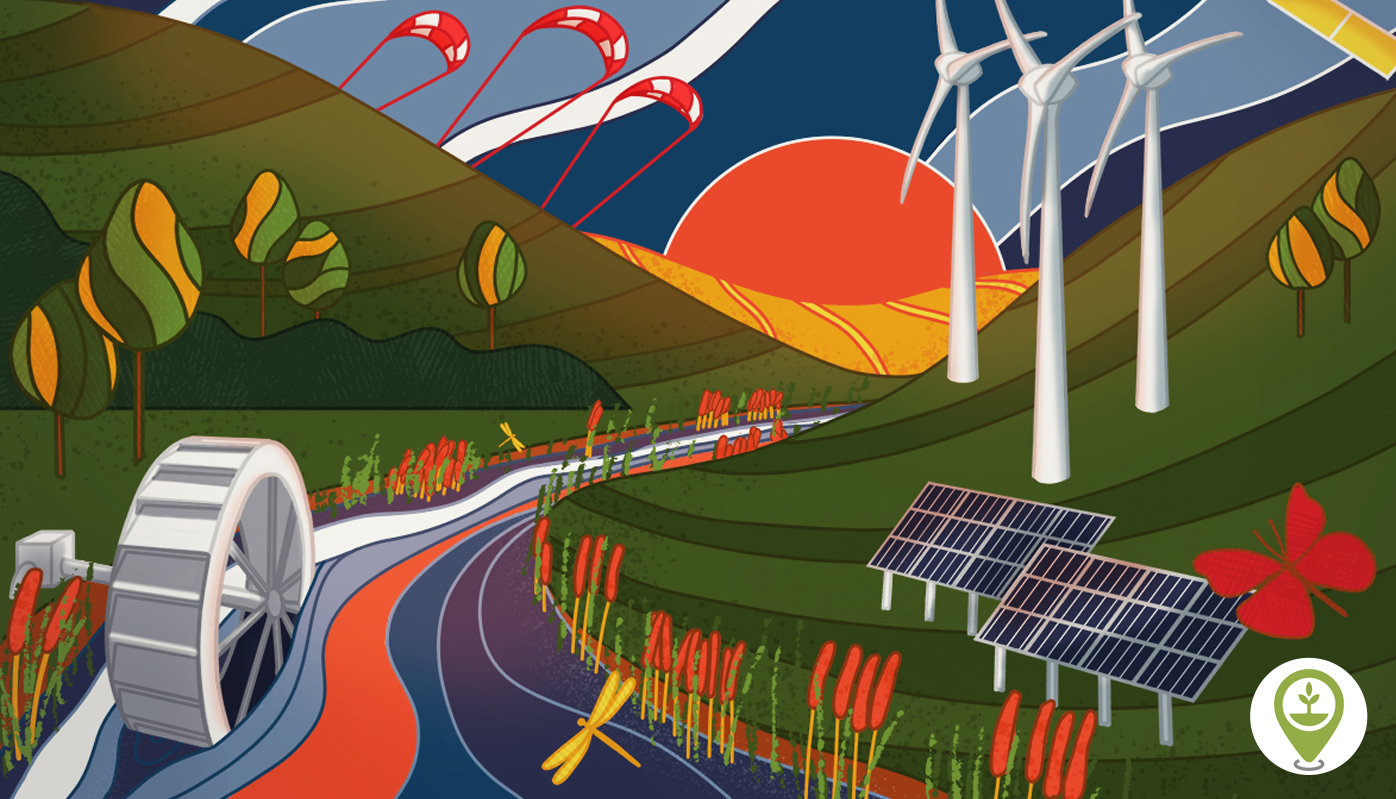Introduction
The world stands at a turning point where climate change is no longer a distant warning but an immediate global crisis. Melting glaciers, extreme weather, and rising sea levels have forced governments, corporations, and citizens to rethink their relationship with the planet.
Technology and politics now intersect at the core of this transformation. From renewable energy innovation to international climate diplomacy, the race to achieve sustainability has become one of the defining challenges of our time.
The Technological Revolution in Climate Solutions
Technology has become the most powerful weapon in the fight against climate change. Artificial intelligence, data science, and automation are helping track emissions, optimize energy systems, and design cleaner alternatives.
Smart grids, electric vehicles, and carbon capture technologies are transforming industries that once relied on fossil fuels. Renewable sources like wind, solar, and hydropower now compete with traditional energy systems on both cost and efficiency.
However, this shift demands massive investment and long-term commitment from governments and corporations alike.
The Politics of Climate Responsibility
Climate change is no longer a purely environmental issue—it is political. Nations are under pressure to meet emission targets set by international agreements such as the Paris Accord.
Developing countries argue that industrialized nations bear greater responsibility, while wealthier states push for shared accountability. This debate over fairness has created both collaboration and tension in global climate discussions.
At the same time, domestic politics often influence how seriously governments address environmental policy, with some prioritizing economic growth over sustainability.
The Role of Global Leaders and Celebrities
Global leaders are not the only voices shaping the climate conversation. Celebrities and influencers are using their platforms to raise awareness about environmental issues and advocate for change.
Figures like Leonardo DiCaprio and Greta Thunberg have become global symbols of environmental activism. Their efforts inspire millions to take action, pushing climate concerns into mainstream culture.
This growing alliance between fame and activism has amplified public awareness, proving that influence can be a force for sustainability.
Technology Companies and Green Innovation
Major tech firms have taken a central role in addressing climate challenges. Companies like Google, Apple, and Tesla are leading sustainability projects, investing in renewable energy and green manufacturing.
Startups are emerging with solutions that merge technology and ecology, such as AI-driven recycling systems and biodegradable materials. Governments are also offering incentives for eco-friendly innovation, recognizing that green technology is key to future economic stability.
Still, critics argue that some corporations use sustainability claims as marketing rather than genuine environmental responsibility.
The Global Impact of Climate Migration
As climate change worsens, millions are being displaced by droughts, floods, and food insecurity. Climate migration has become one of the most pressing humanitarian issues of the century.
Nations are struggling to manage this movement of people, which often leads to political tension and economic strain. The issue has sparked debate over how global systems should adapt to protect vulnerable populations.
This growing challenge shows that environmental crises are inseparable from political and social realities.
Balancing Growth with Sustainability
The greatest question facing humanity today is how to grow without destroying the planet. Economic progress has long depended on industrial expansion, but that model is no longer sustainable.
The shift toward green growth requires innovation, policy reform, and international cooperation. It also demands accountability from individuals, corporations, and nations.
Achieving this balance will define the success or failure of global climate efforts.
FAQs
How is technology helping fight climate change? AI and data tools are tracking emissions, improving renewable energy systems, and optimizing resource management.
What role do governments play in sustainability? Governments set policies, fund green projects, and negotiate international climate agreements to guide global efforts.
Why are celebrities important in the climate movement? Their platforms help amplify awareness and mobilize public support for environmental causes.
Is green technology profitable? Yes, sustainability has become a key driver of innovation and investment, attracting major corporate interest.
What is the biggest obstacle to global climate progress? The main challenge is balancing economic interests with environmental responsibility and international cooperation.
Conclusion
Climate change has united technology, politics, and culture in a shared struggle for the planet’s future. Innovation offers hope, but real progress depends on commitment and cooperation at every level of society.
The next decade will determine whether humanity can transition from awareness to action. With the right blend of technology, leadership, and accountability, the path toward a sustainable future remains within reach.









